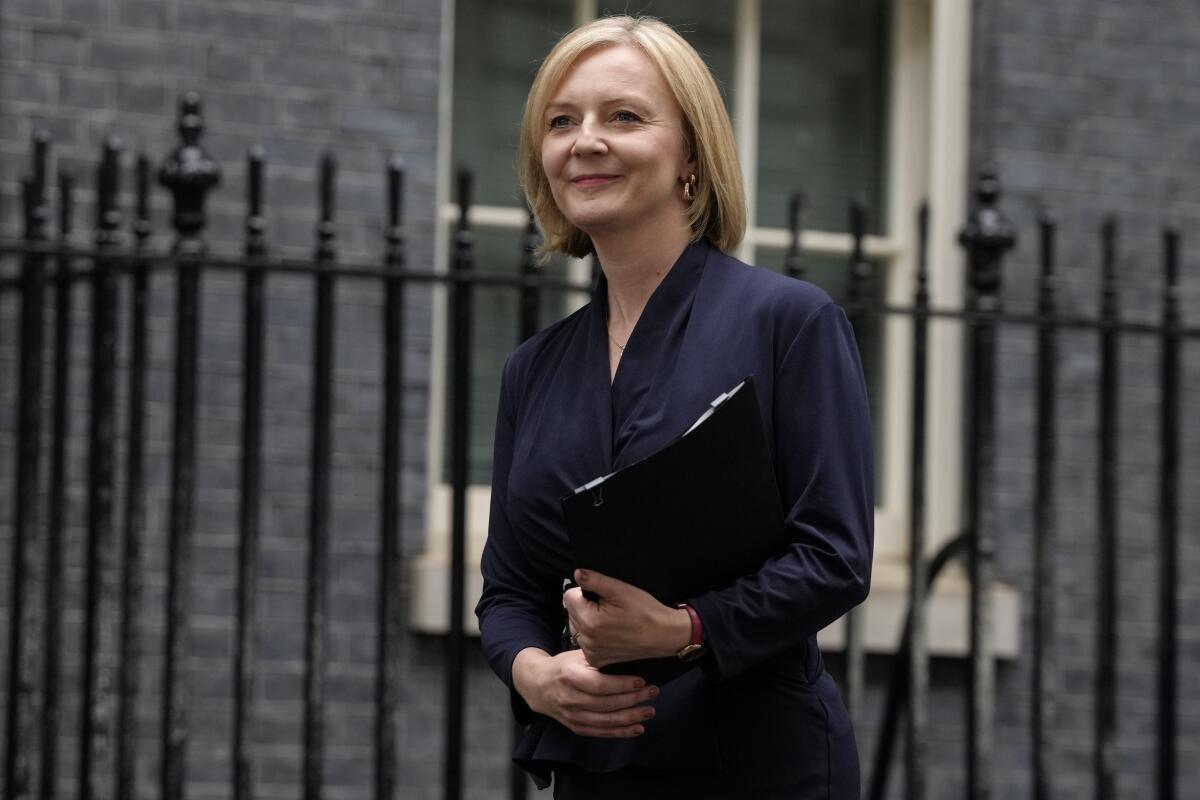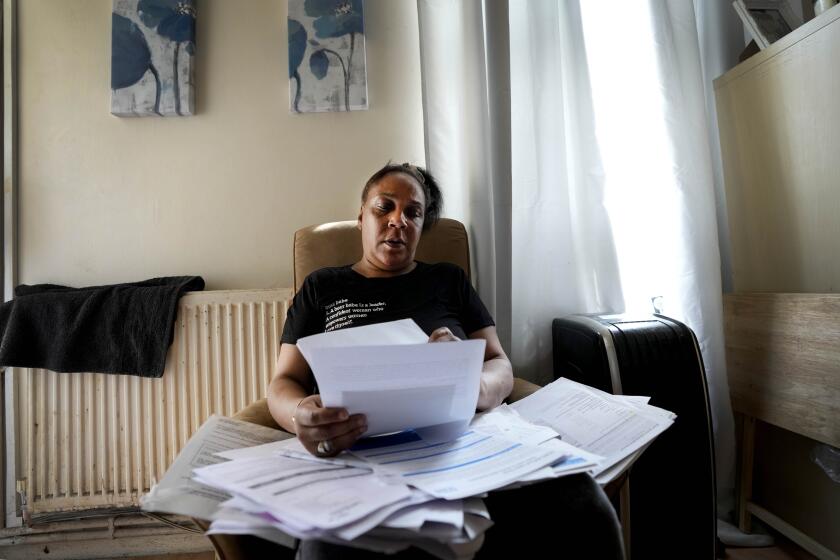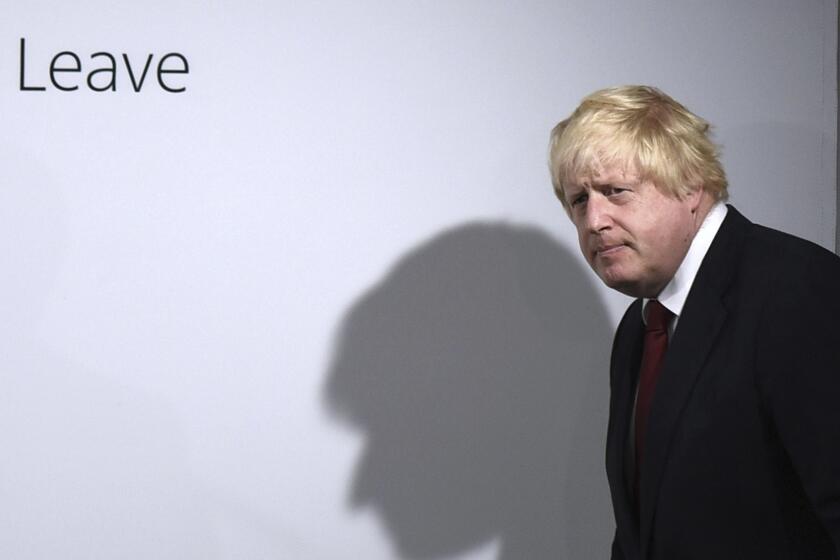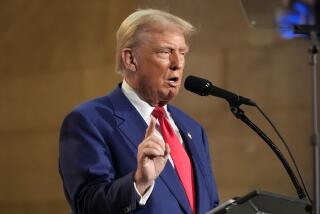Britain’s new Prime Minister Truss rules out windfall tax to tackle energy crisis

- Share via
LONDON — Britain’s new prime minister, Liz Truss, said Wednesday that she would tackle her country’s “very serious” energy crisis while still slashing taxes and that she ruled out imposing a windfall levy on oil companies to pay for her plan to offset the soaring cost of heating and electricity.
Truss rebuffed opposition calls for a new windfall tax, even as she refrained from explaining how she would fund a plan meant to help people pay energy bills that are skyrocketing because of Russia’s invasion of Ukraine and the economic aftershocks of COVID-19 and Brexit.
Truss said during her first weekly session of Prime Minister’s Questions in the House of Commons that she would set out a plan Thursday to help people “get through this winter” as well as to bolster Britain’s long-term energy security.
But she added: “I am against a windfall tax. I believe it is the wrong thing to be putting companies off [from] investing in the United Kingdom just when we need to be growing the economy.
“This country will not be able to tax its way to growth,” she said, to loud cheers from her fellow Conservative lawmakers in Parliament.
Truss’ spokesman said that she wouldn’t cancel a windfall tax already imposed in May by former finance minister Rishi Sunak, her defeated leadership rival, but that she wouldn’t bring in a new one. She is also scrapping a previously announced increase in corporation tax from 19% to 25%.
Annual household energy bills in Britain are expected to jump from about $2,332 to $4,199 starting in October, increasing desperation among many.
Labor Party leader Keir Starmer said that amounted to handing billions of pounds to energy firms that have pocketed hefty profits because of high energy prices. Instead, the cost of energy price relief will have to be paid by British taxpayers, he said, branding Truss’ economic plans a “Tory fantasy.”
British news media have reported that Truss’ plan to cap energy bills could cost taxpayers up to $116 billion.
Earlier Wednesday, Truss held her first Cabinet meeting after appointing a government diverse in race and gender but united in its support for the new leader’s staunchly free-market views.
Truss, 47, was appointed prime minister by Queen Elizabeth II on Tuesday after winning an internal election to lead the governing Conservative Party.
Boris Johnson wanted to be like Winston Churchill, a charismatic leader who led Britain through a major crisis, but that dream has come crashing down.
She immediately put her stamp on the government, clearing out many ministers from the administration of former Prime Minister Boris Johnson — notably those who had backed Sunak in the leadership race.
She made Kwasi Kwarteng her finance minister, a key role for a Cabinet whose inbox is dominated by the energy crisis. The spiraling energy bills threaten to shutter businesses and leave the nation’s poorest people shivering at home this winter. Kwarteng is the first Black holder of the job, formally titled chancellor of the exchequer.
Truss ally Therese Coffey becomes Britain’s first female deputy prime minister and also leads the health ministry as the state-funded National Health Service grapples with soaring demand and depleted resources in the wake of COVID-19.
For the first time, none of Britain’s “great offices of state” — prime minister, chancellor of the exchequer, foreign secretary and home secretary — is held by a white man. James Cleverly, whose mother is from Sierra Leone, is Truss’ foreign secretary, and Suella Braverman, who has Indian heritage, has been named home secretary, responsible for immigration and law and order.
News Alerts
Get breaking news, investigations, analysis and more signature journalism from the Los Angeles Times in your inbox.
You may occasionally receive promotional content from the Los Angeles Times.
In her first speech as prime minister Tuesday, Truss said she would cut taxes to spur economic growth, bolster the NHS and “deal hands on” with the energy crisis, though she offered few details about how she would implement those policies.
“We shouldn’t be daunted by the challenges we face,” Truss said in her first speech as prime minister Tuesday. “As strong as the storm may be, I know the British people are stronger.’’
More to Read
Sign up for Essential California
The most important California stories and recommendations in your inbox every morning.
You may occasionally receive promotional content from the Los Angeles Times.












